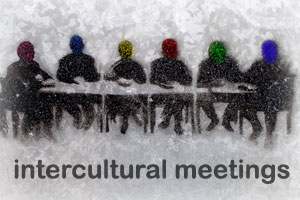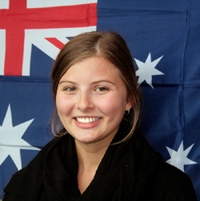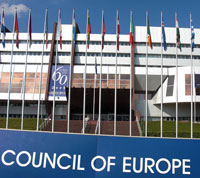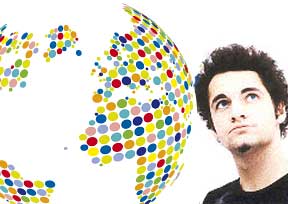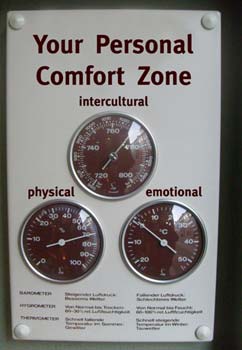 Welcome to show 129 of our Podcast “absolutely-intercultural”. Thanks you again to all of you who have helped us win in the non-profit category of the European Podcast Awards (fourth place in Germany and even number 1 in Denmark!). We really appreciate all your input and the attention our podcast has received as a result. We feel absolutely comfortable seeing that what we produce seems to have a wide audience of listeners.
Welcome to show 129 of our Podcast “absolutely-intercultural”. Thanks you again to all of you who have helped us win in the non-profit category of the European Podcast Awards (fourth place in Germany and even number 1 in Denmark!). We really appreciate all your input and the attention our podcast has received as a result. We feel absolutely comfortable seeing that what we produce seems to have a wide audience of listeners.
absolutely scared
Today we are going to talk about comfort zones and especially leaving our comfort zones. A comfort zone is the place where you feel comfortable, where everything seems to be easy and under your control. But what happens if you have to leave this comfort zone because of a change in your life or if you decide out of your own free will to leave your comfort zone? In our first category I had a meeting with people who have chosen to spend some time outside their comfort zones – by going to a foreign country: Lucy from Australia, Gintare and Vaida from Lithuania and Yasha from Turkmenistan decided to leave their comfort behind and experience something new. They left their home countries and entered a new world. I asked them which situations in their new lives were the scariest.
absolutely dangerous
If the feeling is strong, you may even feel out of place or unsafe in your new environments. This happened to Beatrice, when she went to Egypt on a holiday for the first time and all the new impressions, smells, the loudness of the street and the different behaviors of people she met, made her feel like a fish out of the water and she was even a little scared. In our second category I asked whether she could still remember leaving her comfort zone for the first time.
absolutely prepared
In our next category I will return to our round table, where the foreign students tell me how they try to introduce familiar objects from their home countries into their unfamiliar surroundings in order to be a little more comfortable even outside their comfort zones. But first I asked the participants to tell me what situations in their host country made them most uncomfortable.
absolutely comfortable
When I was putting together this podcast it seemed that nowadays it is a universal truth that we need to leave our comfort zones all the time? But can that really be right? I went out of my way to find someone who says that there are professions where everybody would want you to stay within the comfort zone. How ironic, I actually had to find an artist who would speak in favor of comfort zones so in our fourth and last category I finally spoke to Paul MacAlindin, a classical musician who is active in organizing international orchestra performances, e.g. for the National Youth Orchestra of Iraq, of which he is the Musical Director. I asked him where he leaves his comfort zones during his artistic work and also in his private life. To my surprise he explained that in classical music most stakeholders prefer not to leave their comfort zones.
Our next show will be coming to you from Anne Fox in Denmark on 05 March
Until then –
Bleiben Sie absolut interkulturell!
The host of this show is: Dr. Laurent Borgmann
Editor: Dino Nogarole



